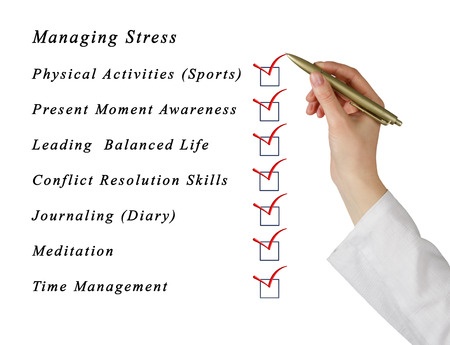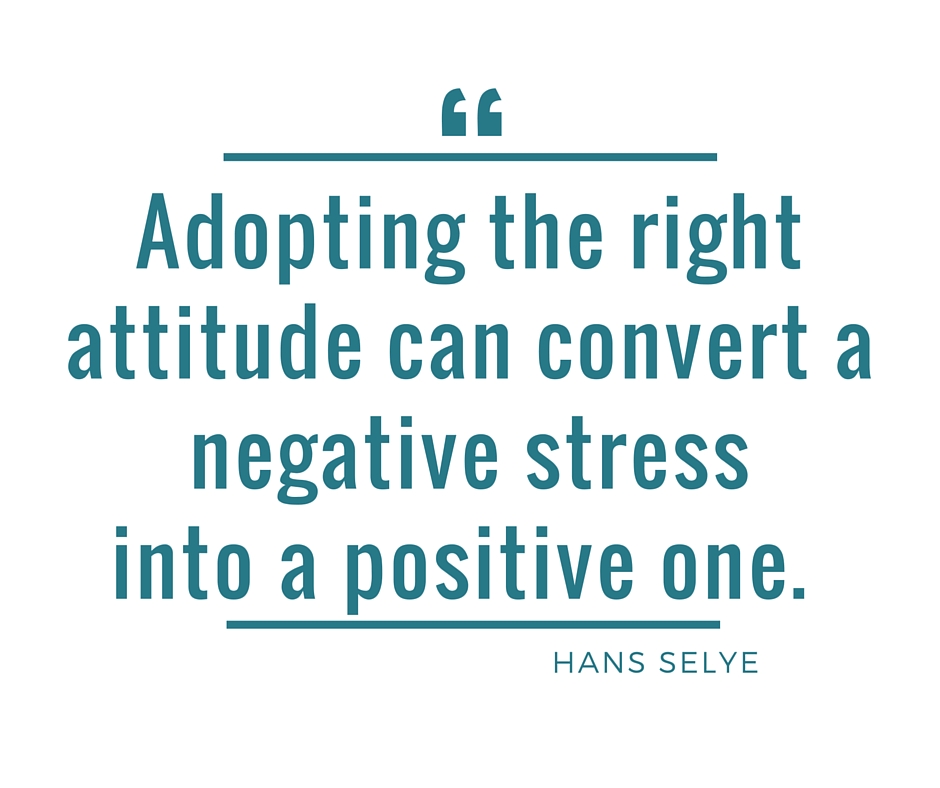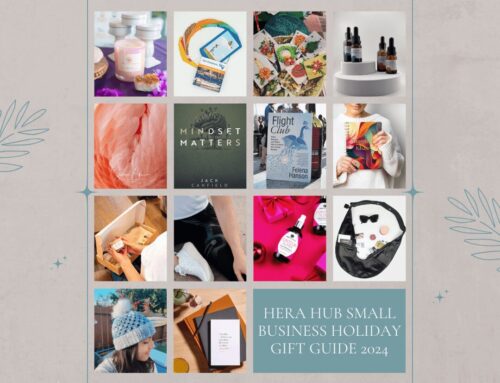April is “Stress Awareness Month”, established in 1992 by The Health Resource Network organization to educate us about the dangers of stress and share successful coping strategies. “Stress is any influence, internal or external, that causes or leads to malfunction” ~ Functional Diagnostic Nutrition™.
 Isn’t stress just part of doing business? According to the Impact of Stress of Professional Women Entrepreneurs study, women react differently to stress, report more stress related symptoms and diseases, and have a significantly higher risk of psychologically factored health problems than men. Any factor that causes negative effects on women entrepreneurs’ physical and psychological well-being negatively impacts their work behavior.
Isn’t stress just part of doing business? According to the Impact of Stress of Professional Women Entrepreneurs study, women react differently to stress, report more stress related symptoms and diseases, and have a significantly higher risk of psychologically factored health problems than men. Any factor that causes negative effects on women entrepreneurs’ physical and psychological well-being negatively impacts their work behavior.
The American Medical Association considers stress the #1 operative killer today at the root of 60%-90% of all illness and disease. Our primitive fight-flight-freeze stress response plus poor coping mechanisms leads to Adrenal suppression, weakened immunity, accelerated aging, impaired memory, and chronic health malfunctions.
You can become so numb to stress that it seems “normal” so you keep pushing. But gradually, chronic stress makes it hard to manage emotions and interferes with energy and concentration. Some signs that stress is showing up at work include:
- Taking on more, accomplishing less
- Fatigue, burnout
- Avoidance, distraction
- Frustration, lack of motivation
- Accidents, mistakes
- Absenteeism, skipping meetings
- Self -medicating with food, drugs
Feeling stressed out doesn’t have to be your norm. By paying attention to how you interpret and respond to perceived career stress you can improve:
- Productivity
- Performance
- Confidence
- Creativity
- Decision making
- Responsiveness
- Focus
- Simplicity and ease
- Alignment with true purpose, core values and strengths
There are different types of stress and not all are bad. Sometimes stress makes things happen, move forward, grow and develop. This type of stress is called eustress like the adrenaline rush athletes get before a sprint.
Distress, alternatively, whether mental, physical or chemical, can be extremely destructive and, unaddressed, ruin one’s health.
External Mental/Emotional/Spiritual Stressors:
- Fear and anxiety
- Worry
- Excitement
- Relationship
- Lack of purpose
- Over-work
- External Physical/Biomechanical Stressors:
- Trauma
- Fractures
- Muscle injuries, weakness
- Nerve compression
- Repetitive or positional injury
- Intense and prolonged exercise
Internal “Hidden” Chemical/Biochemical/Functional Stressors:
- Inflammatory foods, additives
- Pesticides, GMOs
- Alcohol, caffeine, sugar
- Prescription, OTC medications
- Chemicals, metals
- Radiation, EMFs
- Parasites, bacteria, fungi, viruses
- Sleep deprivation, no exercise

In an American Psychological Association study with 140 speech givers, those who told themselves beforehand they were “excited” had higher performance and confidence levels than those who had the mantra of “I am calm”. How we respond is often hardwired from early childhood messages that connect new conflict input with old feelings of being unsafe, not good enough, and I don’t matter. By actively reframing we can create trait change and new state patterns.
More Stress Response Strategies –
- “Tend-and-befriend.” Women have a unique evolutionary oxytocin stress response. Seek connection with safe relationships to heal. Hera Hub provides the ultimate support network!
- Breathe. When stress is triggered, we react by holding our breath. Simply taking a few deep breaths and visualizing for six seconds activates the body’s natural “Relaxation Response” to decrease heart rate, blood pressure and cortisol according to The American Institute of Stress.
- Honor your body. Pay attention and listen to the messages your body is sending by feeding it fresh, unprocessed, anti-inflammatory foods and plenty of clean water and getting 7-8 hours uninterrupted sleep. Engaging in just 20 minutes of daily aerobic activity “burns up” elevated stress cortisol and releases “feel good” serotonin. Choosing the right exercise type, intensity and duration is important to not add more stress and feel depleted.
 About the author: Claire Bissonnette, Functional Diagnostic Nutrition Practitioner and founder of Creative Balance Health, supports exhausted, high-achieving female entrepreneurs to naturally overcome chronic stress-related fatigue and adrenal insufficiency so they can feel energized to perform optimally in their business. Go to www.creativebalancehealth.com to download a free guide, Feeling Too Tired to Succeed? A Woman’s Guide to Understanding Adrenal Fatigue and 10 Easy Ways to Increase Your Energy! plus check out her “Reclaim Your Energy” an “Energy Jump-Start” programs.
About the author: Claire Bissonnette, Functional Diagnostic Nutrition Practitioner and founder of Creative Balance Health, supports exhausted, high-achieving female entrepreneurs to naturally overcome chronic stress-related fatigue and adrenal insufficiency so they can feel energized to perform optimally in their business. Go to www.creativebalancehealth.com to download a free guide, Feeling Too Tired to Succeed? A Woman’s Guide to Understanding Adrenal Fatigue and 10 Easy Ways to Increase Your Energy! plus check out her “Reclaim Your Energy” an “Energy Jump-Start” programs.





